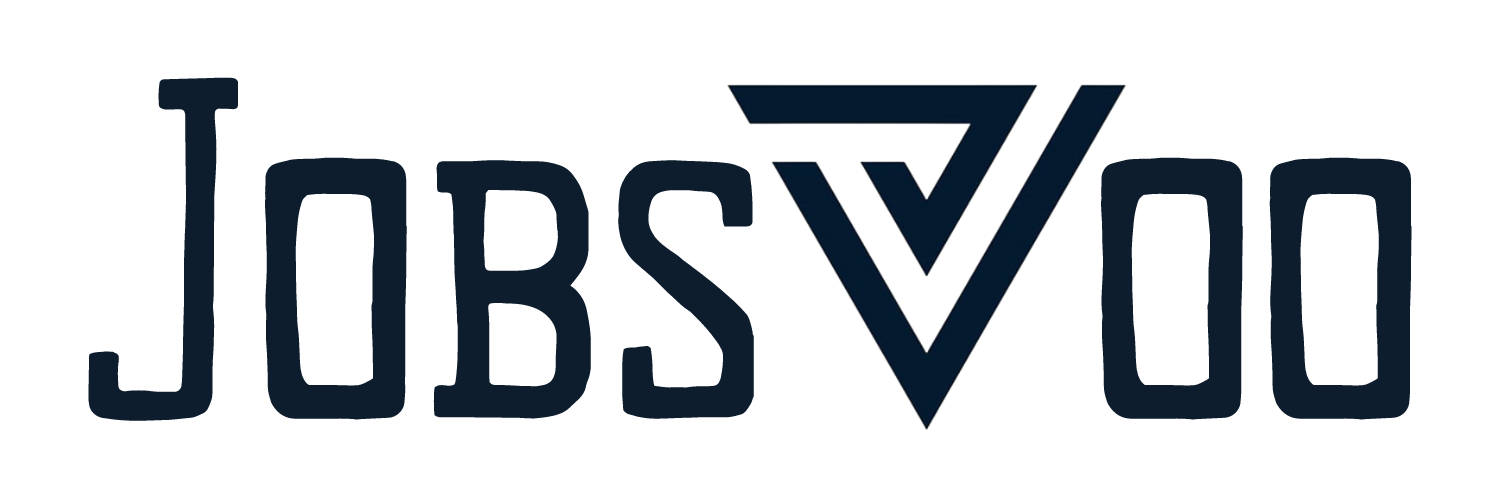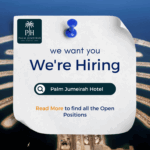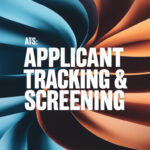Introduction
In the evolving landscape of job applications, mastering the art of writing a cover letter is crucial for standing out. A well-crafted cover letter can make the difference between landing an interview and being overlooked. This guide will provide you with the essential tips and strategies on how to write a cover letter in 2024 that resonates with employers and showcases your unique qualifications.
The Importance of a Cover Letter in 2024
In 2024, the job market is more competitive than ever. While resumes provide a snapshot of your experience and skills, cover letters allow you to delve deeper into your achievements and personality. They offer a unique opportunity to explain why you’re the perfect fit for a role and how you can contribute to the company’s success.
Understanding the Basics of a Cover Letter
What is a Cover Letter?
A cover letter is a one-page document that accompanies your resume. It introduces you to potential employers, highlights your achievements, and explains why you are interested in the position.
Key Components of a Cover Letter
To write an effective cover letter, ensure it includes the following elements:
- Header: Your contact information and the employer’s details.
- Salutation: A formal greeting to the hiring manager.
- Introduction: A compelling opening statement.
- Body: Detailed paragraphs that highlight your qualifications.
- Closing: A strong conclusion and call to action.
Steps to Writing a Cover Letter in 2024
1. Research the Company
Before you start writing, research the company. Understand its mission, values, and culture. This will help you tailor your cover letter to align with the company’s goals and demonstrate your genuine interest.
2. Customize Each Cover Letter
Avoid using a generic cover letter for multiple applications. Customize each cover letter to the specific job and company. Mention the company’s name, the position you’re applying for, and relevant details that show you did your homework.
3. Start with a Strong Opening
Your opening paragraph should grab the reader’s attention. Introduce yourself and mention the job you’re applying for. Highlight a specific accomplishment or skill that makes you a strong candidate.
4. Highlight Your Relevant Experience
In the body of your cover letter, focus on your most relevant experiences and skills. Use specific examples to demonstrate how your background aligns with the job requirements. Quantify your achievements with numbers or percentages to add impact.
5. Showcase Your Enthusiasm
Employers want to hire candidates who are passionate about the role. Show your enthusiasm for the job and the company. Explain why you’re excited about this opportunity and how it fits into your career goals.
6. Close with a Call to Action
End your cover letter with a strong closing paragraph. Summarize your qualifications, reiterate your interest in the position, and include a call to action. For example, request an interview or a follow-up meeting to discuss your application further.
Tips for Making Your Cover Letter Stand Out
Use a Professional Format
Your cover letter should be professional and easy to read. Use a clean, simple font and a standard business letter format. Keep it concise, ideally one page, and proofread for any spelling or grammatical errors.
Showcase Your Unique Value
Differentiate yourself from other candidates by showcasing what makes you unique. Highlight specific experiences, skills, or qualities that set you apart and demonstrate how they will benefit the employer.
Be Genuine and Authentic
Avoid clichés and overly formal language. Be genuine and authentic in your writing. Let your personality shine through while maintaining a professional tone.
Common Mistakes to Avoid
Repeating Your Resume
Your cover letter should complement your resume, not repeat it. Use the cover letter to expand on your resume, providing additional context and details about your experiences.
Using a Generic Template
While templates can be helpful, avoid using them as-is. Personalize your cover letter to the job and company. Tailoring your letter shows effort and can make a significant difference.
Being Too Vague
Be specific about your qualifications and experiences. Vague statements don’t add value. Provide concrete examples to back up your claims.
The Future of Cover Letters
Incorporating Technology
In 2024, technology continues to influence job applications. Consider creating a video cover letter or using digital portfolios to enhance your application. These modern approaches can help you stand out in a crowded job market.
Emphasizing Soft Skills
Employers increasingly value soft skills such as communication, teamwork, and adaptability. Highlight these skills in your cover letter, providing examples of how you’ve demonstrated them in past roles.
Adapting to Remote Work
With the rise of remote work, emphasize your ability to work independently and manage time effectively. Showcase any remote work experience and highlight your proficiency with digital tools.
FAQs
What is the ideal length for a cover letter in 2024?
A cover letter should be one page long. Keep it concise and focused on the most relevant information.
Should I address my cover letter to a specific person?
Yes, addressing your cover letter to a specific person, such as the hiring manager, shows that you’ve done your research and adds a personal touch.
Can I use a cover letter template?
Templates can be a helpful starting point, but always customize your cover letter to the specific job and company.
How can I demonstrate my enthusiasm in a cover letter?
Show your enthusiasm by explaining why you’re excited about the job and the company. Use positive language and express genuine interest.
What if I don’t have much experience?
Focus on transferable skills and relevant experiences. Highlight any internships, volunteer work, or projects that demonstrate your qualifications.
Is a cover letter always necessary?
While not always required, a cover letter can enhance your application and provide additional context about your qualifications and interest in the role.
Conclusion
Writing a compelling cover letter requires a mix of traditional and modern approaches. By researching the company, customizing your letter, and highlighting your unique value, you can create a cover letter that stands out. Embrace technology, emphasize soft skills, and adapt to the changing job market to increase your chances of success. Remember, a well-crafted cover letter is your opportunity to make a memorable first impression and pave the way for an interview.
Helpful Links:





